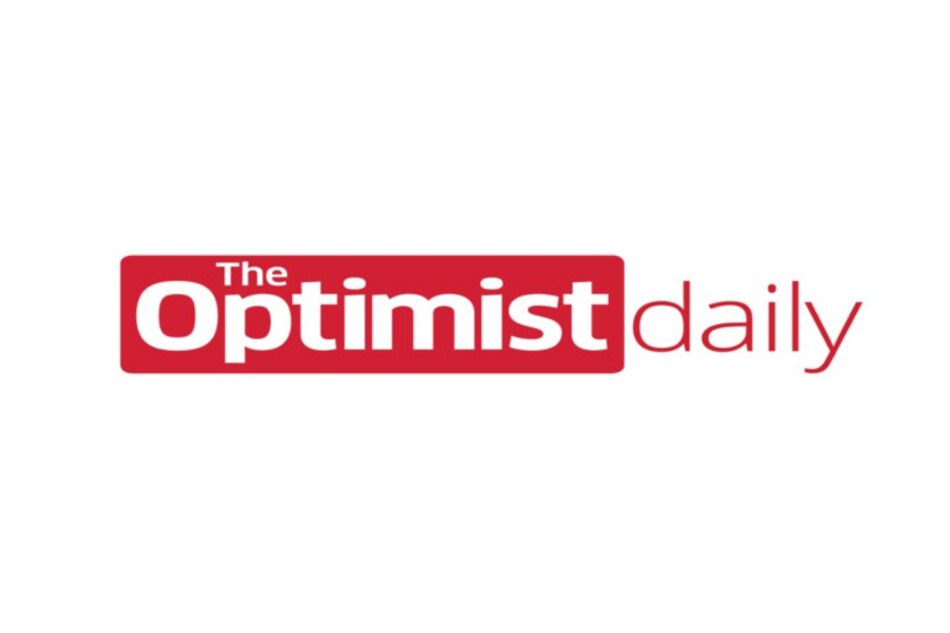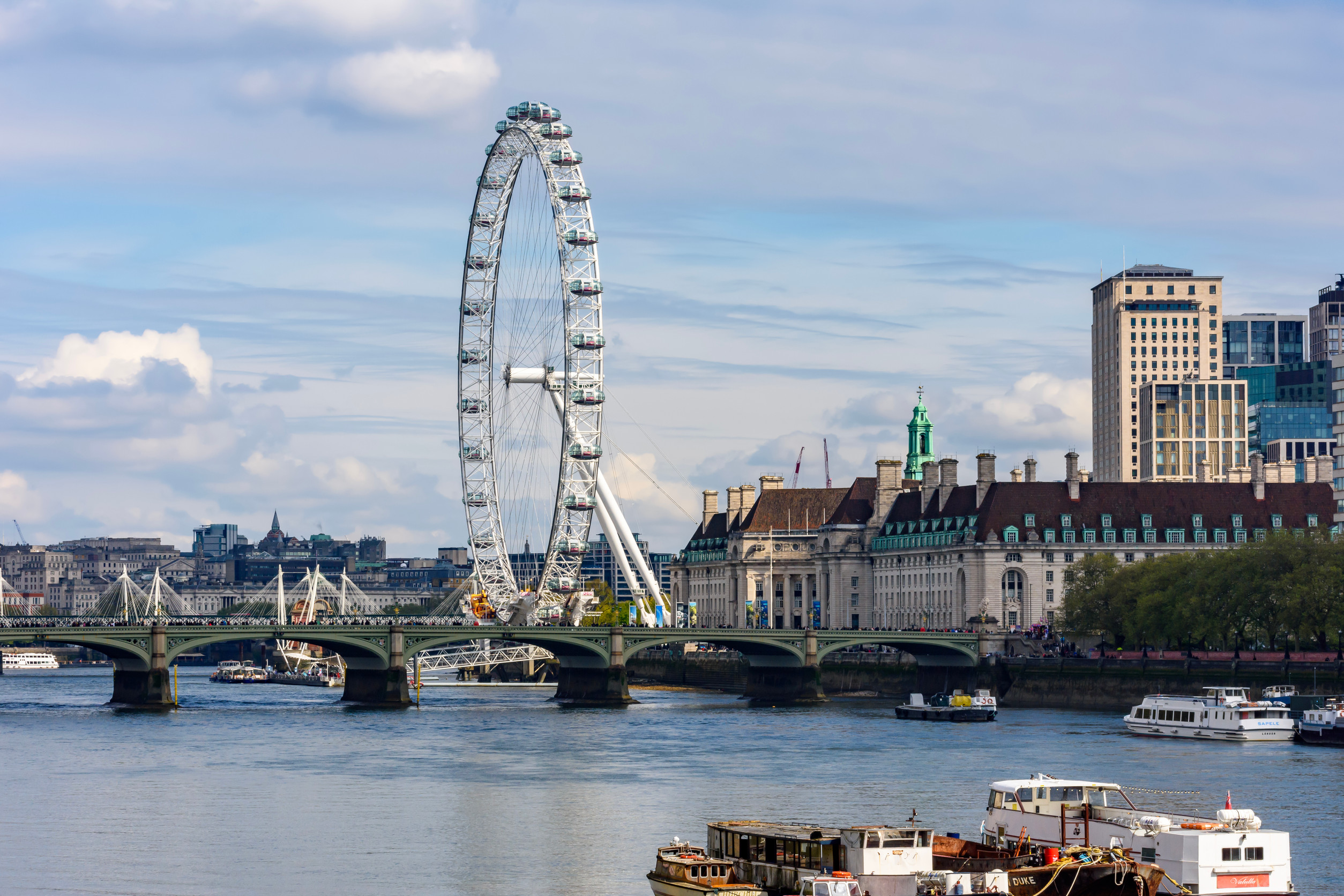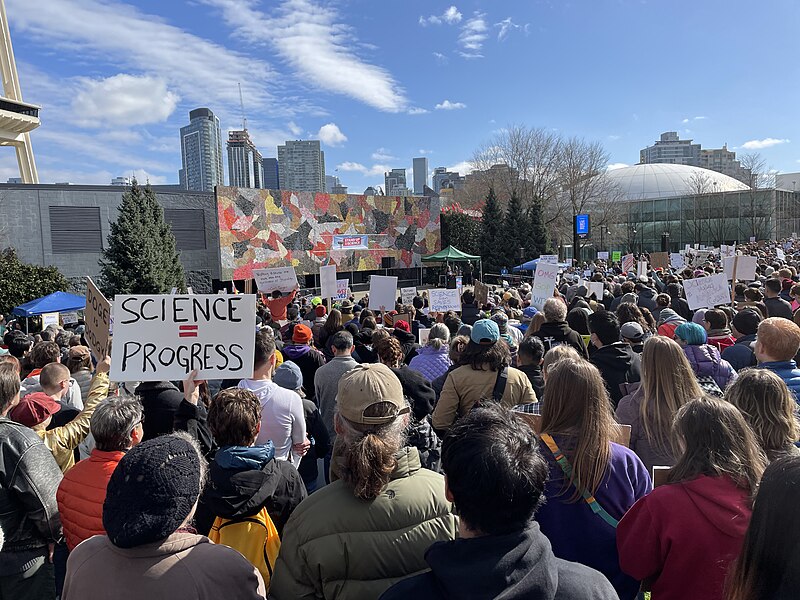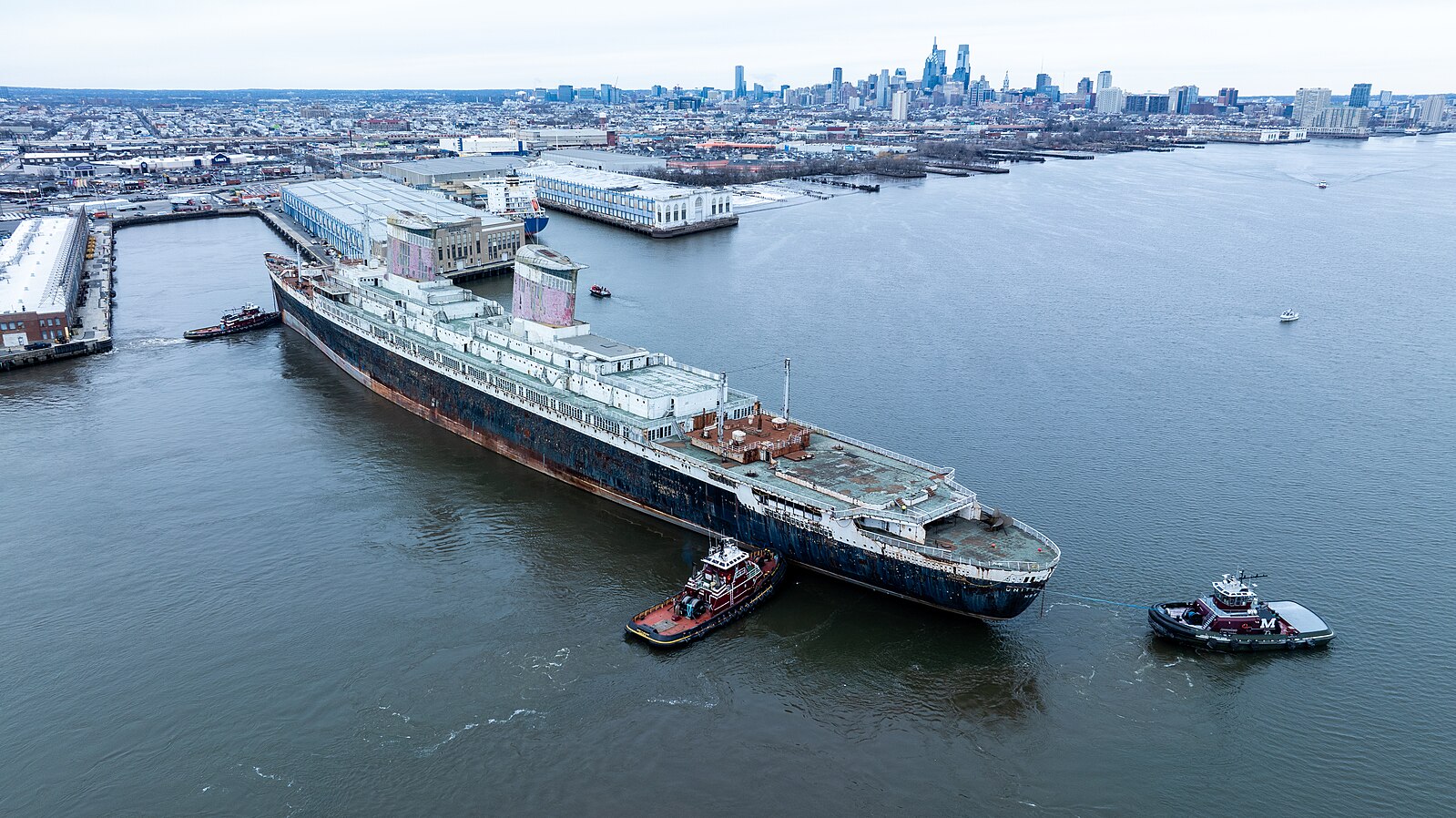If you’re involved in local politics or have just seen the show Parks and Rec, you know that public meetings can be disastrous and unproductive. However, roughly 97 percent of local governments utilize some form of local meetings. So how can we take these collaborative spaces and get them back on track?
One big issue is diversity. One study found that although 80 percent of a Boston neighborhood population was white, an estimated 95 percent of meeting attendees were white. This is in part due to meeting times organized when many people have work and a general anti-low income attitude at local meetings. A vast number of complaints from community members are usually aimed at halting new developments that often serve lower-income residents.
Aside from making it possible for more diverse community members to attend, local meetings also need to rethink their structure. They are often set up with a large audience facing a small panel. This structure doesn’t facilitate a discussion, it sets up a “me vs. you” dynamic.
Prep work is also critical. Greater Good Studio, a community outreach group, advocates for preparing for each meeting with local outreach. Talking to citizens helps not only encourage better turnout, but it also helps diagnose and understand the issues and frame goals.
Education is also key. Many people oppose issues such as parking availability without taking into account that parking surpluses exist in most cities. Getting reliable information to citizens helps fuel productivity, rather than redundant, meetings.
Many cities have given up the classic public forum meeting in favor of more progressive options. Seattle developed its Community Involvement Commission to get more efficient and diverse community feedback
Community meetings offer an opportunity for local government and policymakers to get real feedback from local citizens, but creating effective meetings is not as simple as just gathering people in the local middle school gym.
Prefacing meetings with community education and outreach as well as creating an environment that is welcoming of diverse opinions created community meetings that allow local governments to truly reflect the desires of their constituents.











